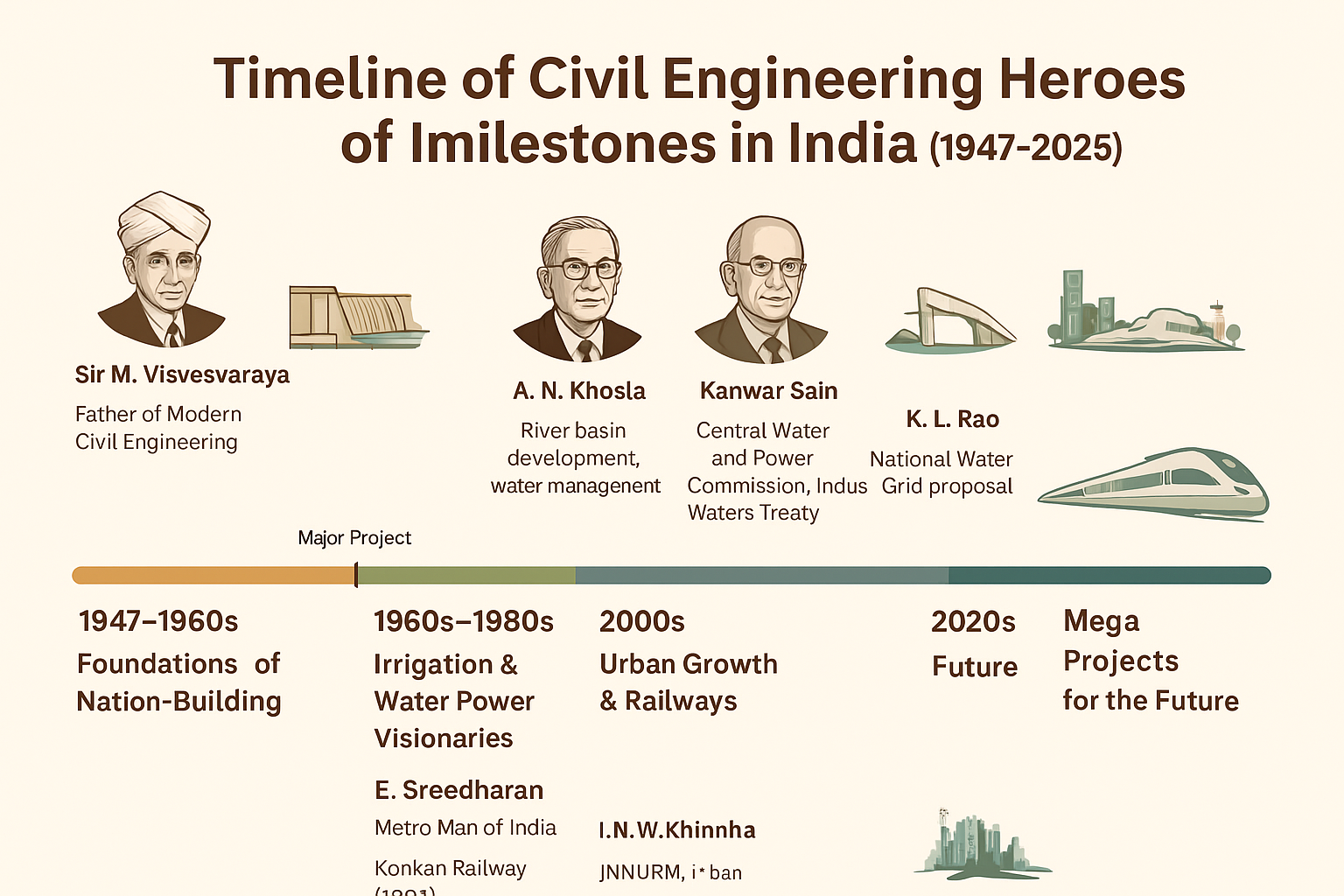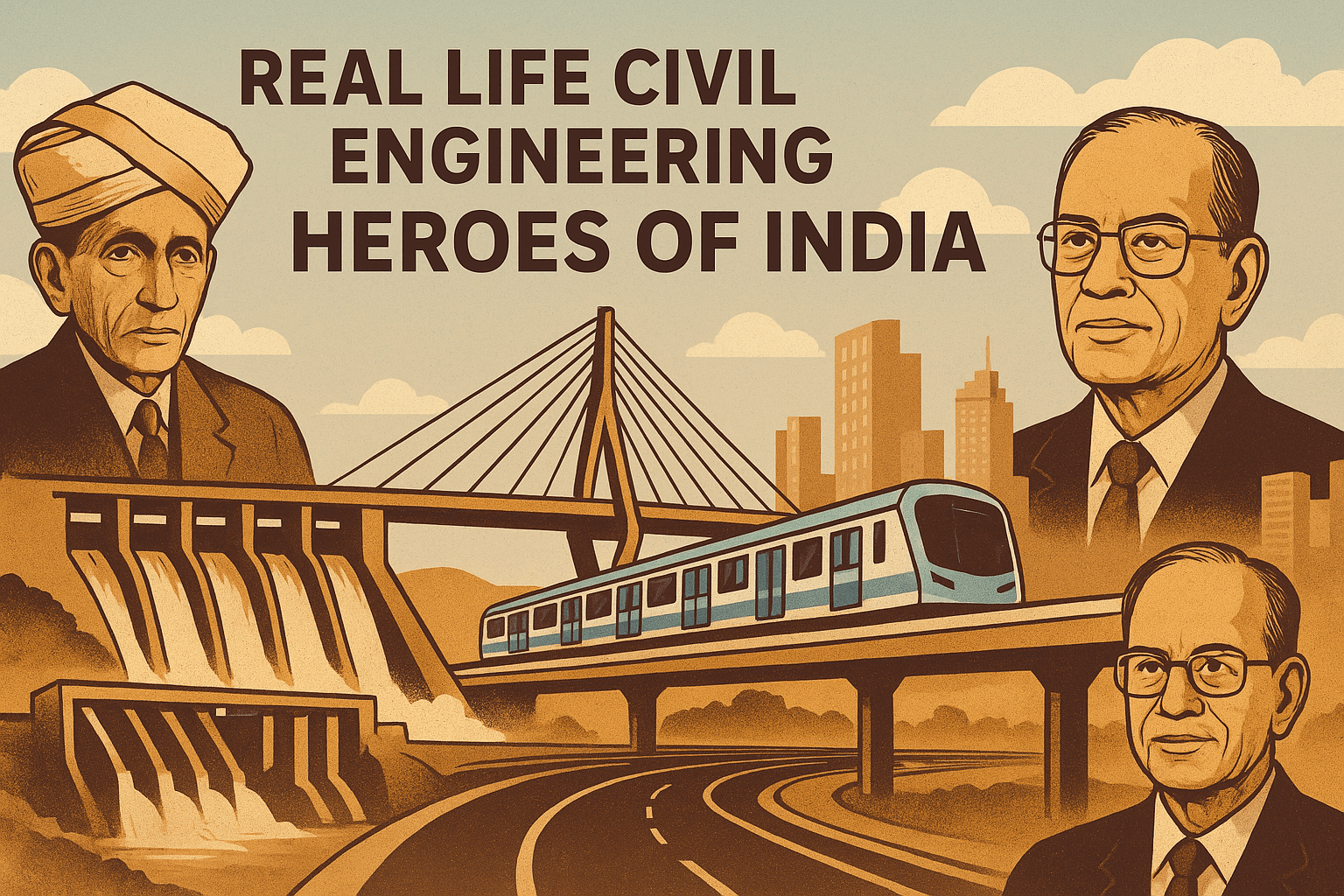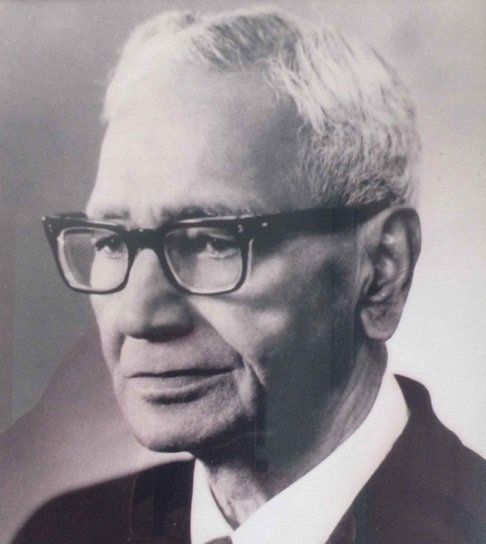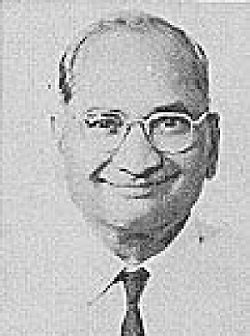NisargDesai's Idea / Prospect
Timeline of Civil Engineering Heroes & Milestones in India (1947–2025) 1947–1960s | Foundations of Nation-Building
Sir M. Visvesvaraya (Father of Modern Civil Engineering) → Krishna Raja Sagara Dam.
Major Project: Bhakra Nangal Dam (1956).
1960s–1980s | Irrigation & Water Power Visionaries
A. N. Khosla → River basin development, water management.
Kanwar Sain → Central Water and Power Commission, Indus Waters Treaty.
K. L. Rao → National Water Grid proposal, irrigation expansion.
1990s | Urban Growth & Railways
E. Sreedharan → Konkan Railway (1998), Delhi Metro (1998–2012).
2000s | Urban Development & Housing
M. Ramachandran → JNNURM (2005), urban renewal projects.
2010s | Smart Cities & Infrastructure
Sudhir Krishna → Smart Cities Mission, urban transport planning.
Major Project: Atal Tunnel (2020), world’s longest highway tunnel above 10,000 ft.
2020s | Mega Projects for the Future
Bullet Train Project (2025) → Mumbai–Ahmedabad High-Speed Rail.
Smart Cities expansion (2015–present).
Civil engineers of today carrying forward the legacy in sustainable infrastructure, metros, highways, and renewable energy.
Civil engineering is often called the foundation of a nation’s progress, because it shapes the very roads we walk on, the bridges we cross, the dams that irrigate our fields, and the buildings where we live and work. In India, civil engineers have been silent warriors of nation-building since independence, contributing to large-scale infrastructure, sustainable growth, and the transformation of society.
This article celebrates some of the real-life Civil Engineering heroes of India — professionals who didn’t just work for money, but dedicated their knowledge and vision toward building the nation.
Notable Civil Engineers Who Built India 1. Sir M. Visvesvaraya (1861–1962)

Contribution: "Father of Modern Civil Engineering in India," designer of Krishna Raja Sagara Dam, pioneer in irrigation and flood control.
Publications: Planned Economy for India (1934).
Quote: “Remember, your work may be only to sweep a railway crossing. But, it is your duty to keep it so clean that no other crossing in the world is as clean as yours.”
2. E. Sreedharan (1932– )

Contribution: “Metro Man of India,” leader of the Konkan Railway and Delhi Metro.
Publications: Restless: Memoirs of E. Sreedharan (2019).
Quote: “Commitment, accountability, and integrity are not optional in engineering—they are essential.”
3. Dr. Ajudhiya Nath Khosla (1892–1984)
Contribution: Visionary behind Bhakra Nangal Dam, pioneer in irrigation and hydropower.
Publications: Dams in India.
Quote: “Civil engineering is the science of converting dreams of prosperity into the foundations of reality.”
4. Kanwar Sain (1899–1979)
Contribution: Director of Central Water and Power Commission, played a role in Indus Waters Treaty and irrigation strategy.
Publications: Reminiscences of an Engineer.
Quote: “Rivers can unite nations if engineers approach them with wisdom and fairness.”
5. K. L. Rao (1902–1986)

Contribution: Conceptualized the National Water Grid, led multiple irrigation projects.
Publications: India’s Water Wealth (1975).
Quote: “Water is wealth; the future of nations will depend on how wisely they use and share it.”
6. M. Ramachandran (1948– )

Contribution: Urban development expert, former Secretary of Ministry of Urban Development, key role in JNNURM mission.
Publications: Urban Renewal, Metro Rail Projects in India.
Quote: “Cities are engines of growth; their planning determines the quality of national development.”
7. Sudhir Krishna (1951– )
Contribution: Transport planning and Smart Cities Mission leader.
Publications: Multiple works on urban governance and infrastructure.
Quote: “Urban engineering is not about concrete alone; it is about making life livable.”
Why They Are Heroes
These civil engineers are not remembered merely for the structures they built, but for the nation they envisioned. Their projects:
Boosted agriculture and food security.
Connected isolated regions with modern infrastructure.
Improved urban life through sustainable planning.
Showed that engineering is not just about construction, but about transforming lives.
A Tribute to Civil Engineers
From dams and bridges to railways and tunnels, civil engineers have laid the foundation of India’s growth story. Their work is often unsung, but it silently powers the country every single day.
As we celebrate these real-life heroes, let us remember: civil engineering is not just a profession — it’s nation-building in its purest form.
On this National Engineers Day 2025, we take a moment to honor the remarkable contributions of engineers in shaping India’s progress and development since independence. Engineering: The Backbone of National Development
Engineers are more than technical experts — they are innovators, problem solvers, and visionaries who drive the machinery of progress.
From designing critical infrastructure to developing cutting-edge technology, engineers have played an indispensable role in India’s journey toward becoming a global powerhouse.
Key Milestones of India’s Progress Led by Engineering
Expansion of Indian Railways (Post-1947):
Strengthened national connectivity, trade, and mobility, contributing to economic development.Bhakra Nangal Dam Commissioned (1956):
Landmark multipurpose project contributing to irrigation, power generation, and flood control.India’s First Nuclear Test – Smiling Buddha (1974):
India became self-reliant in nuclear technology, under the leadership of scientists and engineers.ISRO Founded (1969) → Key Missions:
Chandrayaan-1 (2008): India’s first lunar mission.
Mangalyaan (2013): India’s Mars Orbiter Mission, making India the first Asian country to reach Mars orbit in its first attempt.
Chandrayaan-2 (2019): Advanced lunar exploration mission.
Golden Quadrilateral Highway Project (2001):
A national highway network connecting major cities, boosting trade and mobility.Digital India Movement Launched (2015):
Promoting digital infrastructure, public digital services, and citizen empowerment through technology.Renewable Energy Growth (2015–2025):
Major push toward solar power adoption – India became one of the world’s largest solar power producers, contributing significantly to sustainable development goals.High-Speed Rail Project – Mumbai-Ahmedabad Bullet Train (2025 expected launch):
A historic leap in transportation engineering, introducing India’s first high-speed rail system.Gaganyaan Mission (Planned 2025):
India’s first human spaceflight program aiming to send Indian astronauts into space, showcasing the capabilities of Indian aerospace engineering.Advanced Manufacturing and Industry 4.0 Adoption (2020–2025):
Widespread implementation of automation, IoT, and AI-driven manufacturing solutions enhancing industrial productivity.
Engineers don’t just build infrastructure — they build a future where technology meets societal needs.
From sustainable energy solutions, healthcare technology, smart city frameworks, to disaster response systems, engineers are continually contributing to a better and more equitable world.
Saluting Every Engineer
On this special day, we salute every engineer who works tirelessly — often without recognition — to push the boundaries of what’s possible.
Your efforts shape the nation’s present and future. Your work echoes in every road we drive on, every building we live in, and every innovation that makes life easier.
Let’s continue the journey together, promoting engineering as a social norm and a force for good.
Visit us at EngineersHeaven.org
Join the community. Share your story. Inspire the next generation.





